Market Share
Polyp Biopsy Market Share Analysis
The worldwide market must be strategically positioned to suit consumer and healthcare professional demands to discover and cure polyps. Companies in this specialized market utilize several methods to maintain and develop their gut health market share. New biopsy instruments are a priority for polyposis biopsy companies. Surgery and imaging-guided biopsies are examples of accurate, minimally invasive biopsy procedures. Cutting-edge technology enhances diagnosis accuracy and attracts physicians and nurses seeking new solutions. For market share increase, biopsy equipment must be versatile for diverse body areas and polyps. Offering forceps, brushes, and cleaning gadgets helps companies stand out. This diversity lets physicians and nurses choose the optimal instruments for each patient. Companies work hard to produce patient-friendly testing procedures because they recognize how vital it is. Less discomfort, quicker therapy, and less intrusive treatments make patients pleased. Polyposis biopsy firms that improve the diagnostic procedure portray themselves as patient-centered clinicians. Businesses in the polyposis biopsy sector should expand internationally. Changing products to meet international safety standards, fulfilling regional healthcare requirements, and partnering with global vendors make the market more accessible. Companies become global stars when they reach people worldwide. Companies fund medical education because polyposis diagnosis is so specific. Medical workers learn the latest biopsy procedures via training, courses, and instructional resources. Teaching ensures proper biopsy instrument usage and promotes healthcare professional confidence. Collaborating with gastroenterologists helps achieve market share. Smart companies partner with digestive health physicians and nurses. These agreements simplify product feedback, training program improvement, and medical champion network building. The polyposis biopsy market requires tight regulatory compliance. Companies prioritize regional and international regulations to ensure biopsy product safety and efficacy. Dedicated quality assurance creates confidence between healthcare experts and patients, boosting the company's market reputation. Because medical technology changes, goods must continuously be upgraded. Companies invest in research and development to improve polyposis biopsy instruments' accuracy, usability, and performance. Technologically advanced companies lead their industries. Companies intentionally integrate biopsy equipment to digital health platforms since telemedicine is growing. This allows gastroenterologists and primary care doctors to consult remotely. Telemedicine integrates with healthcare delivery changes and grows market share. Option affordability is crucial for market share growth. Companies that increase manufacturing, negotiate favorable prices, and seek financial help programs raise test product costs. Healthcare personnel that desire cost-effective, high-quality solutions benefit from this approach. Support and follow-up following tests boost market share. Companies that provide aftercare guidance, result interpretation, and follow-up consultations satisfy customers. Happy employees are more likely to recommend the firm to their patients, helping it gain and maintain market share.


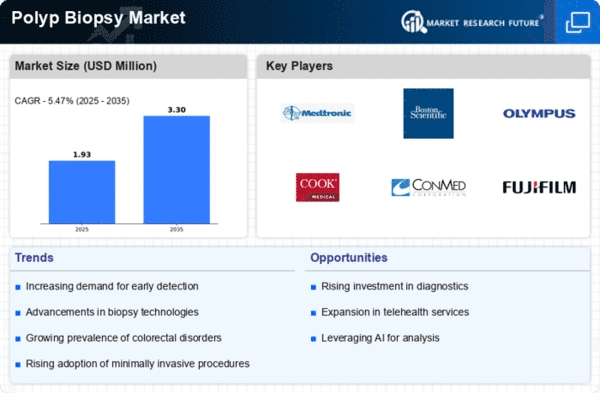

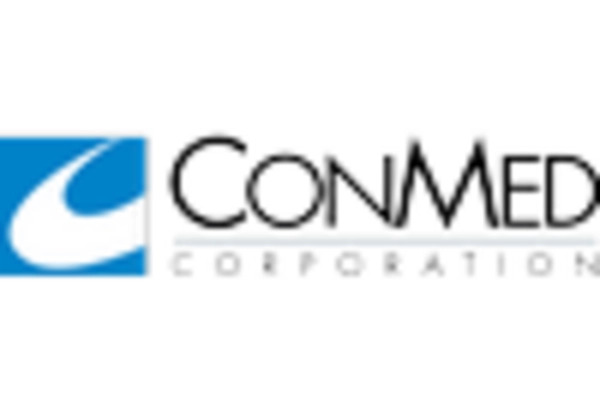
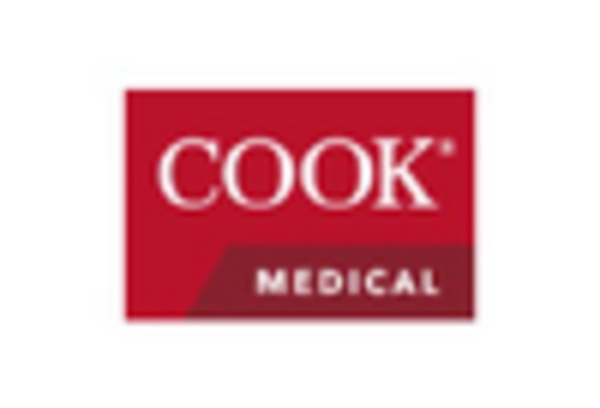
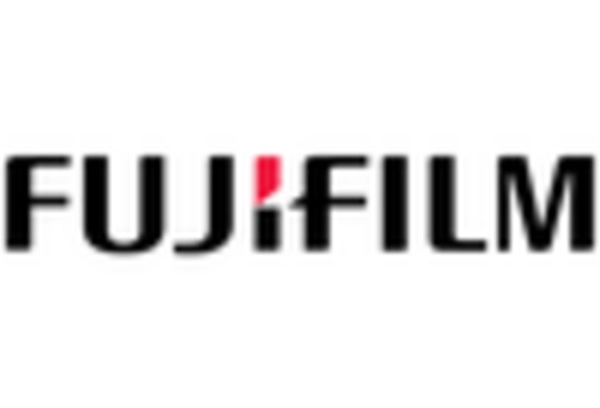

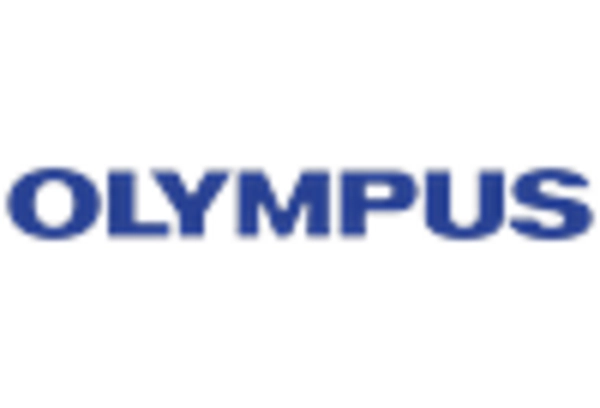










Leave a Comment